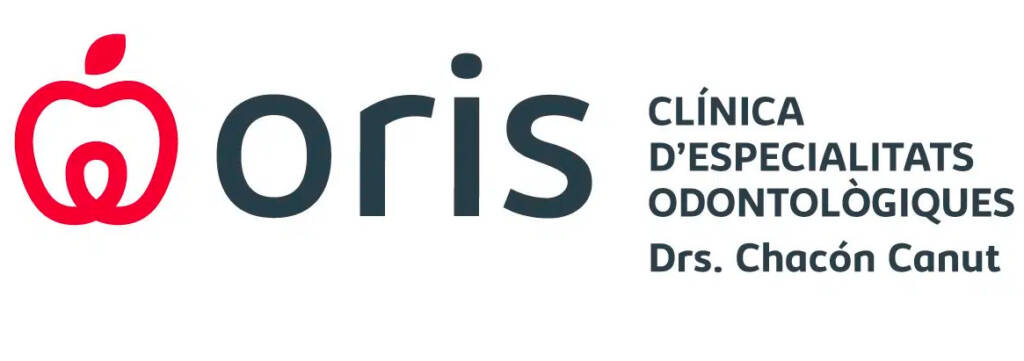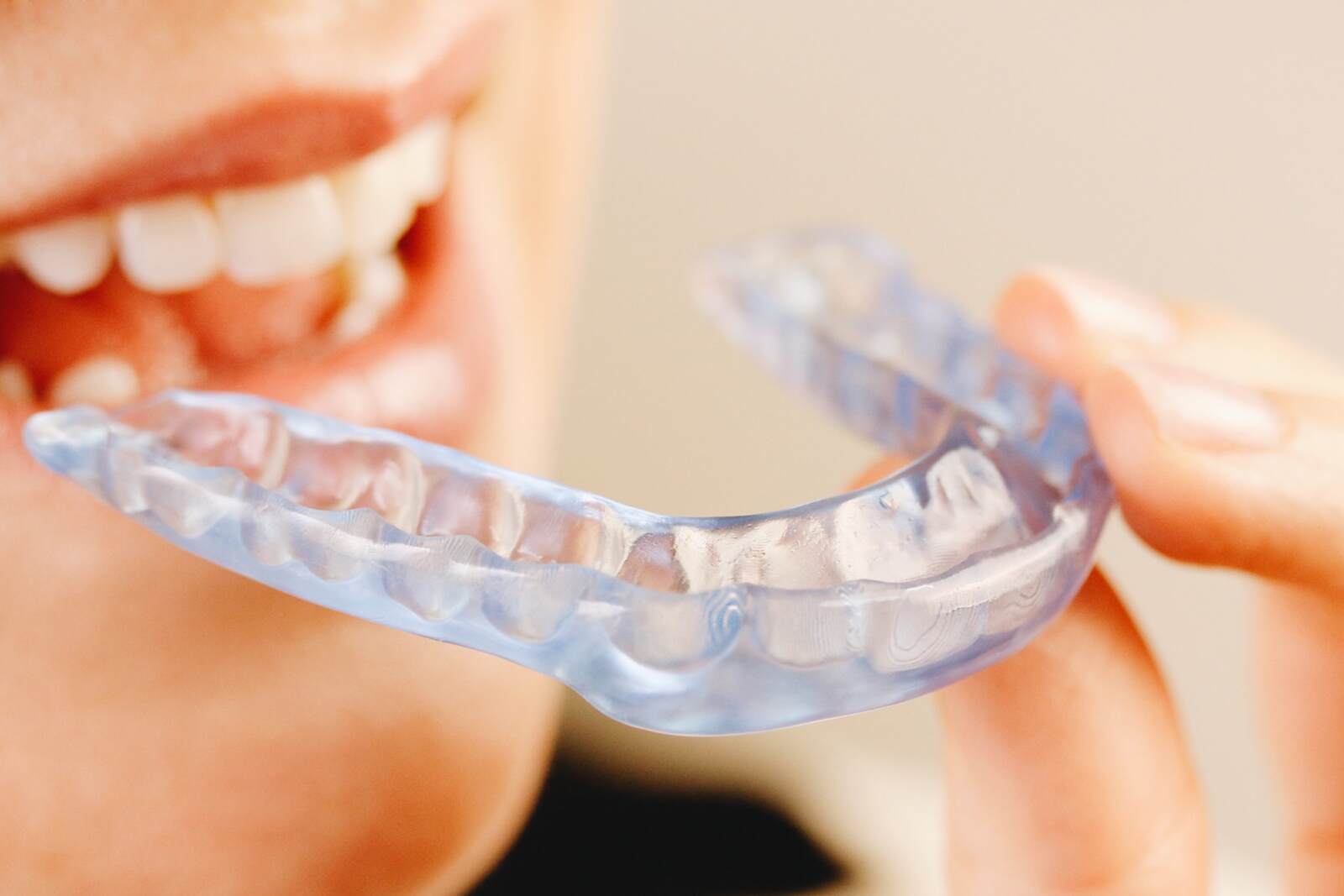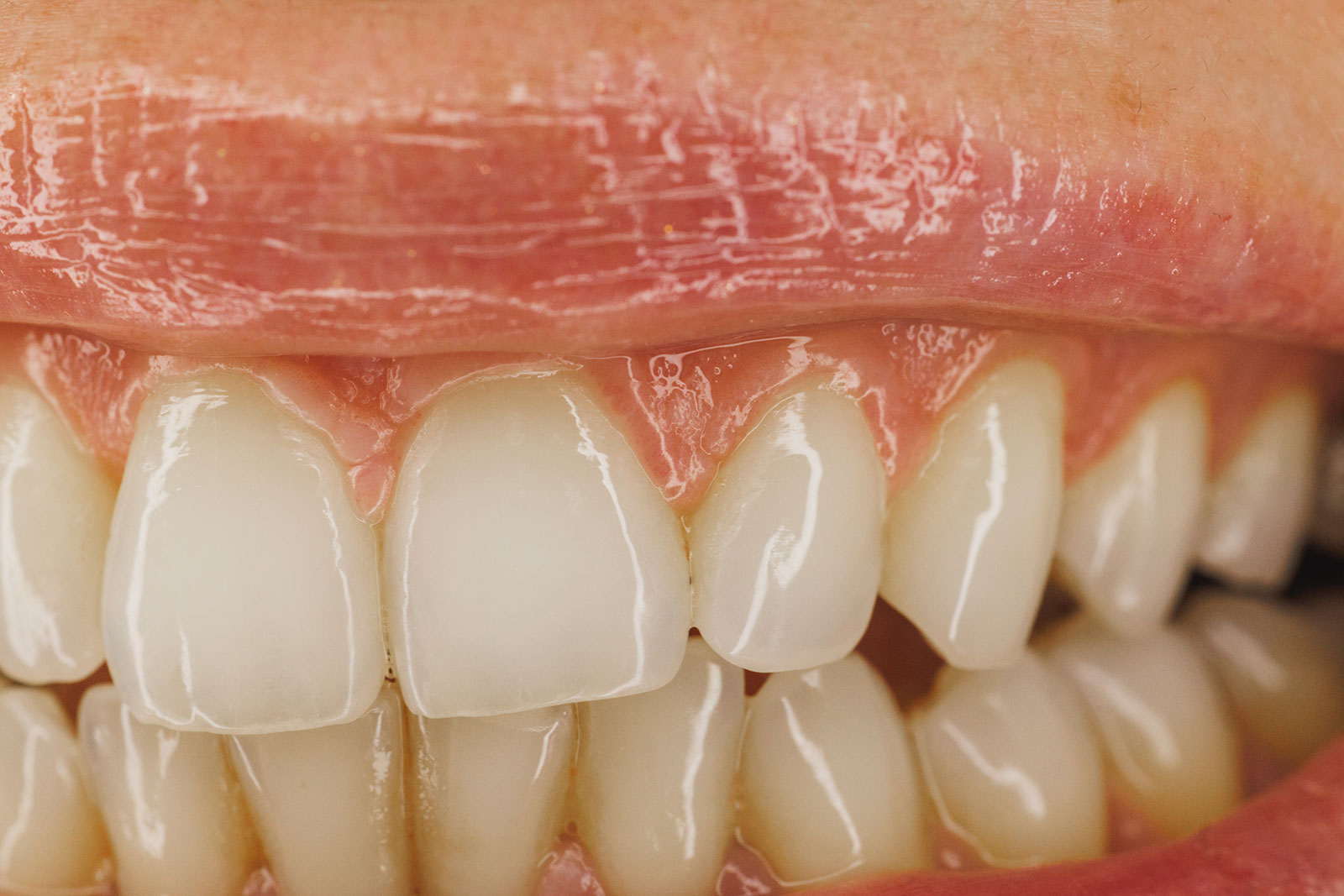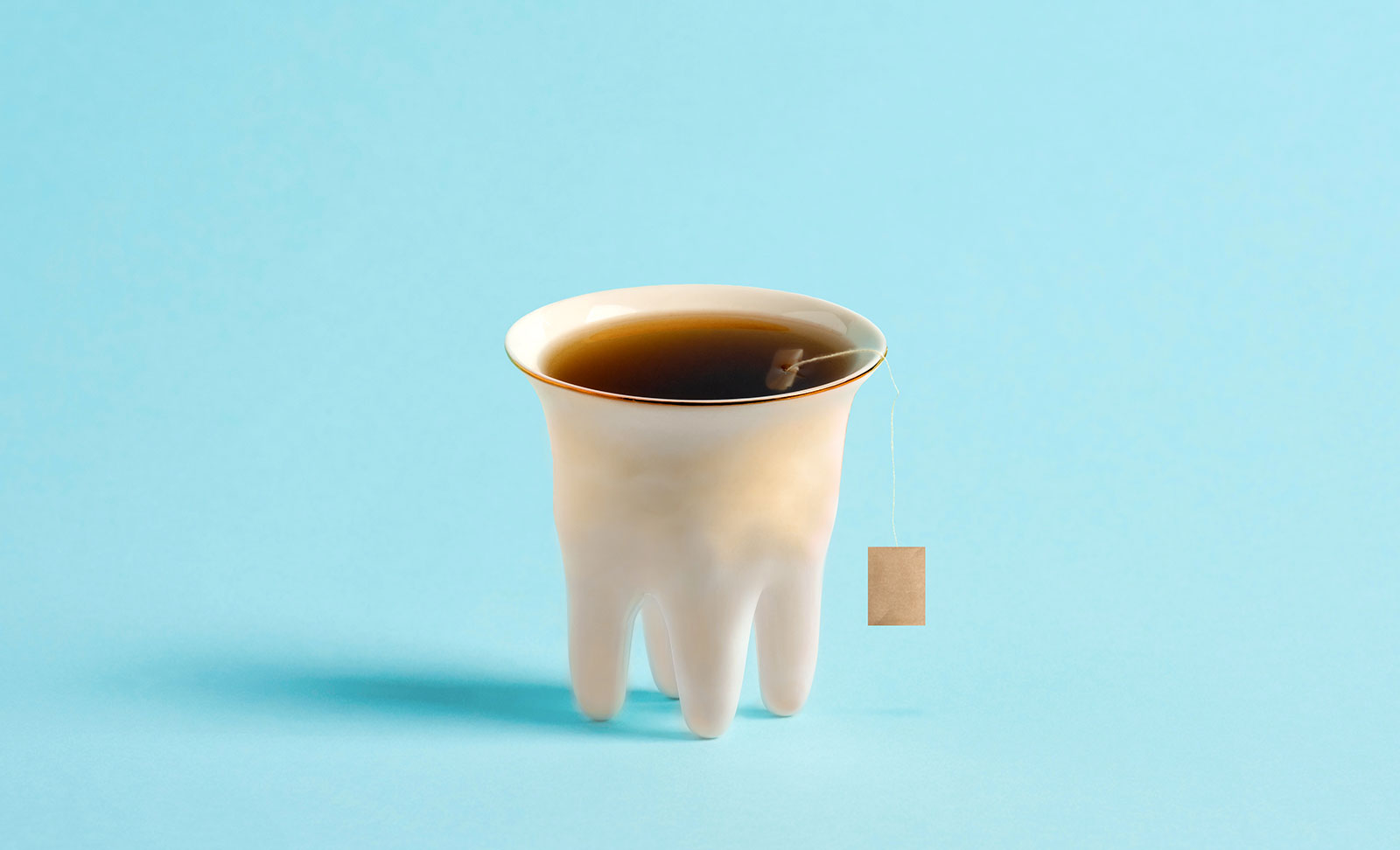Introduction
Does your molar hurt like it’s being drilled with a jackhammer? Teething pain is common, but there are ways to ease it while you’re at the dentist.
The causes of molar pain: Find out what’s wrong with you!
Molar pain doesn’t magically appear. It’s usually a sign that something is wrong in your mouth.
The most common causes are:
- Cavities: Bacteria that live in your mouth eat the sugars you consume and produce acids that damage tooth enamel, creating holes that cause pain.
- Gum Disease: Gingivitis and periodontitis are inflammations of the gums that can damage them and cause them to recede, exposing the root of the tooth to pain and sensitivity.
- Dental abscesses: Infections that form in the root of the tooth or in the bone that surrounds it, causing intense pain, swelling and pus.
- Tooth fractures: A blow or a hard bite can break a tooth, causing sharp pain and sensitivity.
- Enamel wear: Excessive brushing, bruxism (teeth grinding) or acids in some foods and drinks can wear down the enamel, leaving the dentin exposed and causing sensitivity to cold, heat or sweets.
- Sinusitis: Inflammation of the sinuses, although not in the mouth, can cause pain that radiates to the face and gums.
Take care! If the molar pain is accompanied by fever, pus, difficulty breathing or facial swelling, consult a doctor immediately.
Symptoms that alert you that something is wrong:
- Sensitivity to extreme temperatures: Pain when eating or drinking cold, hot, sweet or acidic foods or drinks.
- Redness and swelling of the gums: It can be a sign of periodontal disease.
- Bleeding gums: Especially when brushing or flossing, it can indicate gingivitis or periodontitis.
- Bad breath: Persistent bad breath (halitosis) can be a sign of oral hygiene problems or diseases such as periodontitis.
- Pus around a tooth: It may indicate a dental abscess.
- Difficulty chewing or biting: This can be caused by pain, sensitivity or problems with the jaw.
- Loss of a tooth: It can be a sign of advanced periodontal disease or trauma.
Remember: If you experience any of these symptoms, it is important that you see a dentist for a proper examination and diagnosis.
Home remedies for pain relief (a moment):
- Cold to the rescue: Apply a cold compress to the face, near the pain, for 15-20 minutes.
- Salt water, your ally: Gargle with warm salt water to clean the area and reduce inflammation.
- Clove oil, a natural anesthetic: Put a few drops on the affected area. Goodbye pain!
- Over-the-counter pain relievers: Ibuprofen or paracetamol will help you control the pain.
- Peppermint tea, a natural soothing agent: Prepare an infusion, let it cool and apply it to the painful area.
- Garlic, your natural antibiotic: Bite a garlic clove or apply it directly to the area. It works!
- Guava leaves: Chew them fresh or make a mouthwash with boiled water.
- Apple Cider Vinegar: Dilute a teaspoon in a glass of water and use it as a mouthwash. Disinfect and deflate!
Take care! What you should NOT do:
- Aspirin on the gum: Bad idea! It can irritate and burn it.
- Eating or drinking acid or hot food: It will hurt you even more. Avoid them!
- Uncontrolled self-medication: Consult your dentist before taking anything strong.
- Ignore the problem: If the pain doesn’t go away, you go to the dentist!
- Smoking or drinking alcohol: They irritate the gums and make the pain worse. Don’t do it!
- Heat in the area: It can become more inflamed. Cold yes, heat no!
PS: if you are boy, girl or are you pregnant, consult your dentist for specific advice on oral care in your case.
In which cases to seek urgent medical attention for molar pain: (The famous emergency dentist)
Attention! If you experience any of these symptoms, do not hesitate and go to the emergency dentist as soon as possible:
- Excruciating molar pain that does not go away with the usual pain relievers.
- High fever (above 38°C) or tremors.
- Swelling in the face, cheek or neck that increases rapidly.
- Profuse pus or bleeding from the mouth.
- Difficulty breathing or swallowing.
- Loss of a tooth or severe tooth fracture.
- Injury to the mouth or face caused by a blow or accident.
Remember! These symptoms may indicate a serious infection that requires immediate treatment. An emergency dentist will be able to diagnose the cause of the pain and provide you with the appropriate treatment.
The dentist will give you the best remedy for this molar pain.
How do they do it?
- It asks you a lot of things: How much it hurts, when it hurts, if it only hurts when you eat or drink… to your medical history.
- He looks at your mouth thoroughly: Teeth, gums, everything, even the x-rays.
- Touch your mouth carefully: To see if it hurts somewhere in particular.
- Sometimes, he asks you to bite things: Yes, yes, as if you were a crocodile.
With all these tests, the dentist will know exactly what is wrong with you and will give you the best treatment.
Possible treatments?
- Repairs: If the decay has not reached the nerve, the dentist will put a filling to fix the tooth and make it work like new.
- Endodontics: If the decay has reached the nerve, the dentist will have to remove it and seal the canals of the tooth to save it.
- Extraction: If the tooth is badly damaged, the dentist will have to remove it. Don’t worry, there are options to replace it, such as implants or bridges.
- Antibiotics: If the infection is very strong, the dentist will prescribe antibiotics to prevent it from spreading.
- Gum surgery: If the gums are very sick, the dentist will have to operate on them to clean them and make them healthy again.
Don’t worry, the dentist will give you the treatment that best suits your case. The most important thing is that you feel comfortable and that the pain goes away as soon as possible.
Beyond pain: Prevention and dental care
While home remedies can provide temporary relief, the key to avoiding molar pain long-term lies in prevention and proper dental care.
Brushed twice a day:
- Paste with fluoride and brush for 2 minutes, so that not a single corner is left without cleaning.
- Up, down, in, out. Brush all sides of your teeth.
Floss once a day:
- Removes food and plaque that brushing can’t reach, especially between teeth!
- Floss carefully so as not to damage your gums.
Mouthwash to complement:
- A fluoride or antiseptic mouthwash helps reduce bacteria in the mouth.
- Do not swallow the mouthwash!
Regular visits to the dentist:
- Checkups and cleanings every 6 months: So that your teeth are always healthy and shiny.
- X-rays and other tests if necessary.
- Follow your dentist’s recommendations to maintain a healthy mouth.
Healthy food for a healthy mouth:
- Limit sugars.
- Choose foods rich in calcium and vitamin D.
- Chew on crunchy fruits and vegetables.
- Drink enough water.
Additional habits for a protected smile:
- Avoid smoking.
- Moderate alcohol consumption.
- Use a mouthguard at night if you grind your teeth (bruxism).
- Protect your teeth during contact sports.
Conclusions
- Good dental care not only prevents molar pain, but also contributes to better overall health.
- If you experience persistent molar pain or worrisome symptoms, see your dentist immediately.
- Don’t hesitate to ask your dentist about any questions or concerns you have about your dental health.
And don’t forget:
- Smile a lot, it’s good for your health!
- Visit the dentist at least once a year.
- Brush your teeth after every meal.
- Floss every day.
- Rinse your mouth with a fluoride mouthwash.
- Eat foods that are healthy for your teeth.
- Avoid smoking and drinking alcohol in excess.
- Use a mouth guard if you play contact sports.
Your health is the most important thing!
Artículos relacionados
Comprehensive oral health, Restorative dentistry
Comprehensive oral health, Restorative dentistry





